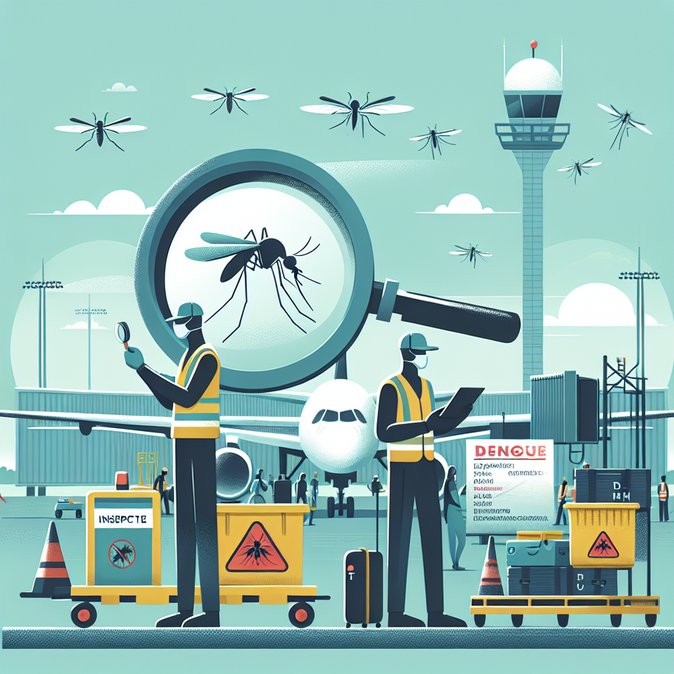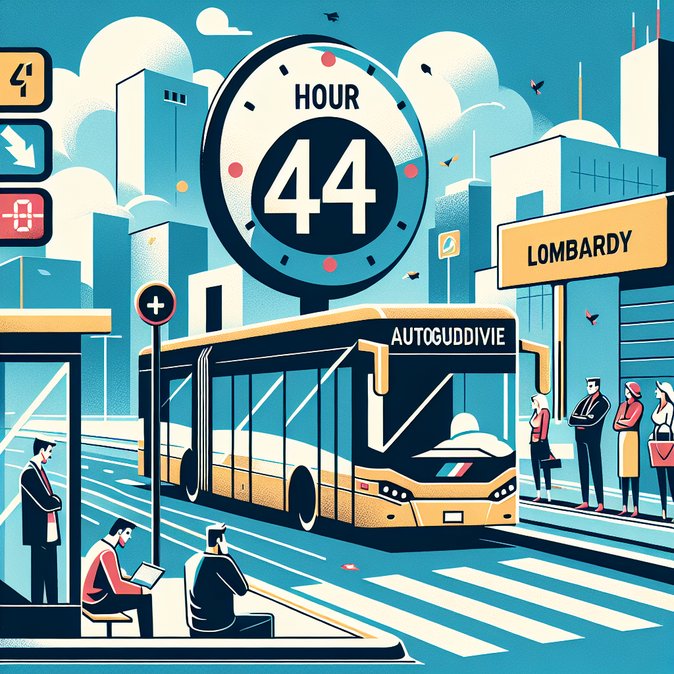
Business and leisure travellers moving in and out of northern Italy on Sunday 16 November face a full-day rail strike that will affect Trenord’s entire Lombardy network, including the Malpensa Express link to Milan’s main airport. The eight-hour walk-out, called by regional rail unions, runs from 10.00 to 17.59 and could see wholesale cancellations of regional, suburban, long-distance and cross-border S50 services. Only trains scheduled to depart before 10.00 and arrive by 11.00 are guaranteed.
Trenord has activated a contingency plan that replaces the non-stop Malpensa Express with coaches between Milan Cadorna station and the airport, as well as buses on the cross-border Stabio–Malpensa corridor. Travellers are urged to monitor real-time updates on the Trenord app and listen for station announcements.
![Sunday Rail Strike to Disrupt Lombardy Commuter & Airport Trains]()
Although Italian law protects certain minimum “essential services”, experience shows that ad-hoc work stoppages can ripple far beyond the official window—particularly on airport routes where crew rotation is tight. Corporates with fly-in meetings on Monday morning should consider re-routing staff through Rome or Venice, booking hotel rooms at Malpensa on Saturday night, or switching to car services.
The strike is the latest in a string of labour actions over pay, staffing and safety. It comes as Italy prepares for a Jubilee Year tourism surge in 2026, putting extra pressure on transport operators to guarantee reliability.
For global mobility managers, the episode underscores the importance of dynamic travel policies that allow last-minute rail-to-road re-ticketing and real-time communication with relocating employees.
Trenord has activated a contingency plan that replaces the non-stop Malpensa Express with coaches between Milan Cadorna station and the airport, as well as buses on the cross-border Stabio–Malpensa corridor. Travellers are urged to monitor real-time updates on the Trenord app and listen for station announcements.

Although Italian law protects certain minimum “essential services”, experience shows that ad-hoc work stoppages can ripple far beyond the official window—particularly on airport routes where crew rotation is tight. Corporates with fly-in meetings on Monday morning should consider re-routing staff through Rome or Venice, booking hotel rooms at Malpensa on Saturday night, or switching to car services.
The strike is the latest in a string of labour actions over pay, staffing and safety. It comes as Italy prepares for a Jubilee Year tourism surge in 2026, putting extra pressure on transport operators to guarantee reliability.
For global mobility managers, the episode underscores the importance of dynamic travel policies that allow last-minute rail-to-road re-ticketing and real-time communication with relocating employees.


